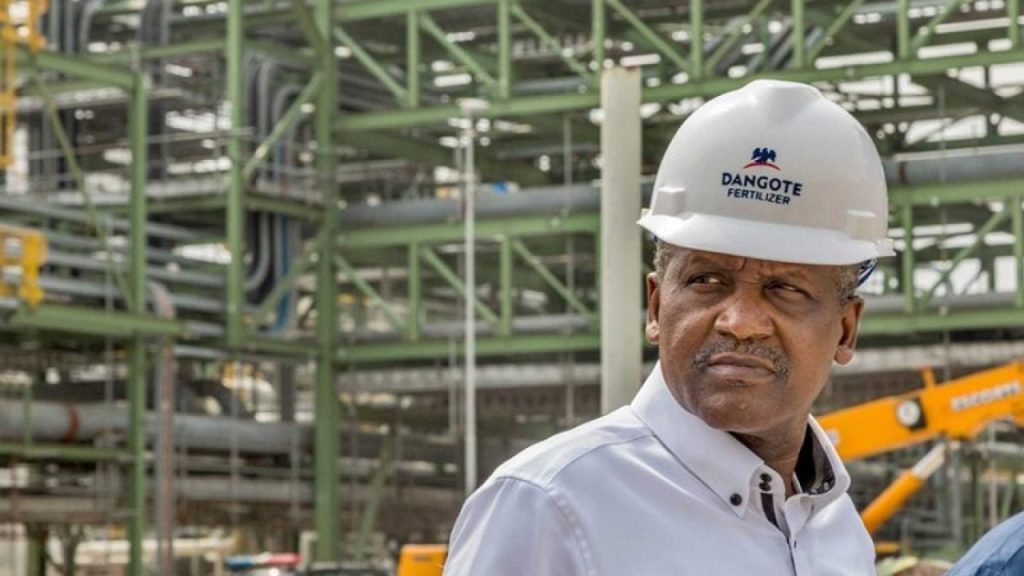The arrival of Dangote Refinery’s CNG-powered delivery trucks has sparked a debate within Nigeria’s oil marketing sector regarding the future of fuel distribution. While the refinery’s investment in a modern fleet is welcomed, independent marketers are advocating for an inclusive approach that leverages existing infrastructure and ensures nationwide reach. The core concern revolves around the potential for Dangote’s direct-to-market delivery model to sideline established players and disrupt the traditional distribution network, particularly impacting smaller, more remote retail outlets.
The Petroleum Products Retail Outlets Owners Association of Nigeria (PETROAN) has emphasized the need for collaboration between Dangote Refinery and existing downstream players. They argue that the refinery’s fleet, while substantial, cannot adequately cover the vast and diverse Nigerian landscape. Existing marketers have also invested in CNG trucks and possess a deep understanding of local market dynamics, making them crucial partners in ensuring seamless and efficient distribution across the country, including areas inaccessible to Dangote’s trucks. PETROAN is seeking formal discussions with the refinery to establish a framework that guarantees continued access to depots and preserves the viability of independent retailers.
The debate extends beyond the practicalities of logistics and delves into the economic implications of a potentially shifting market dynamic. Dangote Refinery’s direct distribution model has raised concerns about the future of depot owners and small retailers who have long been integral to the petroleum supply chain. There is apprehension that this approach could concentrate market power within the refinery, potentially squeezing margins for independent operators and disrupting the delicate balance of the existing downstream ecosystem. The discussion centers on how to integrate a major new player into an established market without undermining the viability of existing businesses and ensuring fair competition.
Public figures have also weighed in on the issue, offering contrasting perspectives. Billionaire businessman Femi Otedola has suggested that marketers adapt to the changing landscape by restructuring, divesting redundant assets, and reinvesting to enhance competitiveness. However, PETROAN disagrees with this viewpoint, arguing that dismissing existing investments and infrastructure would be detrimental to the sector. They contend that established infrastructure can and should be adapted to accommodate the new reality of domestic production, fostering a collaborative environment where both new and existing players can thrive.
The heart of the matter lies in finding a balance between innovation and inclusion. Dangote Refinery’s investment in modern logistics represents a significant step forward for Nigeria’s oil and gas sector. However, realizing the full potential of this investment requires a collaborative approach that integrates the refinery’s capabilities with the existing downstream network. Dismissing the value of established infrastructure and expertise would be shortsighted. Instead, fostering a collaborative environment ensures broader market reach, supports existing businesses, and builds a more resilient and efficient distribution system.
The ongoing dialogue highlights the need for a strategic approach to integrating Dangote Refinery into the existing downstream landscape. A successful integration will involve open communication, negotiation, and a willingness to adapt on the part of all stakeholders. Finding a solution that leverages the strengths of both the refinery and existing marketers will not only ensure a more robust distribution network but also contribute to the long-term stability and growth of Nigeria’s oil and gas sector. The ultimate goal should be a collaborative approach that empowers all players to thrive, ensuring a reliable and efficient fuel supply chain for the benefit of consumers nationwide.














